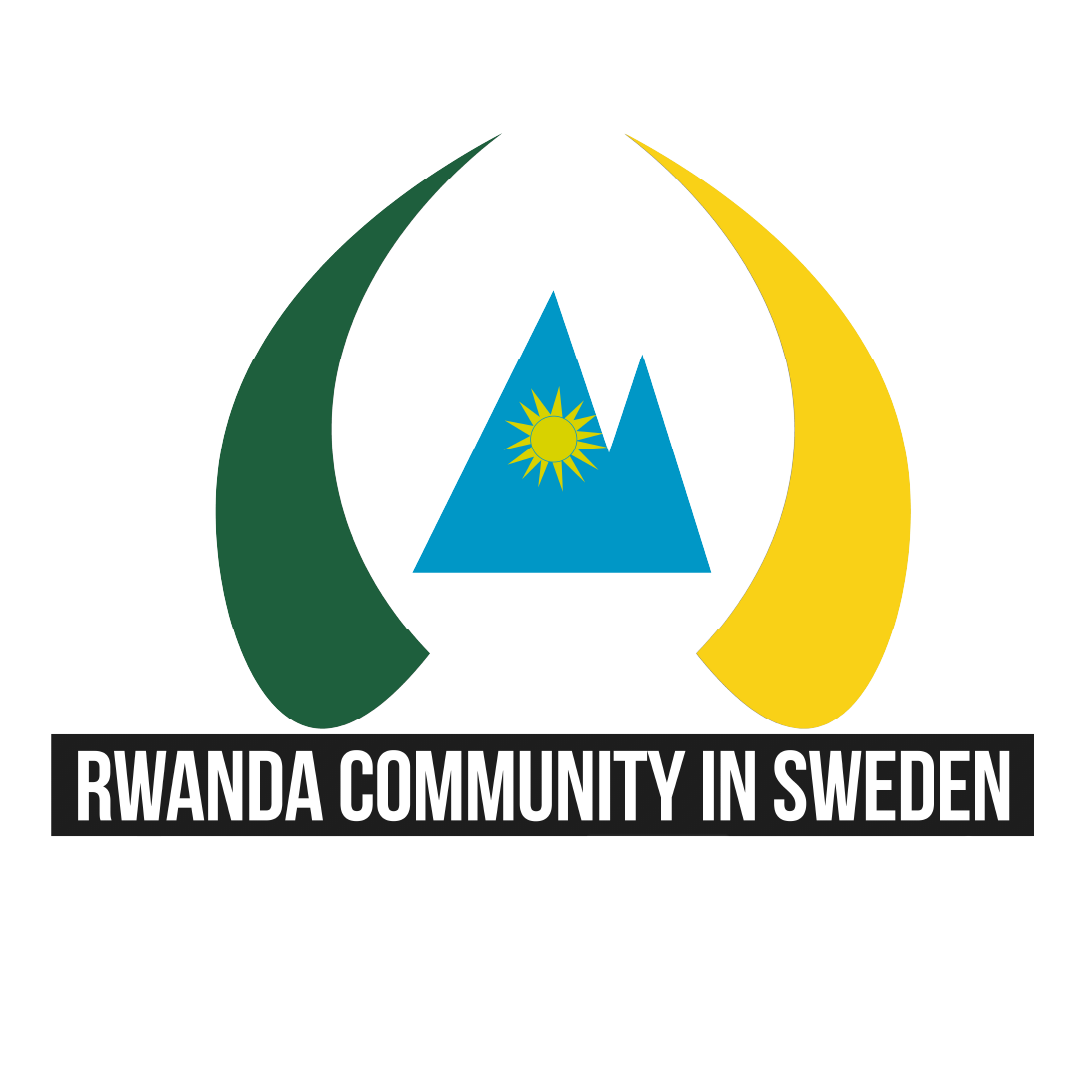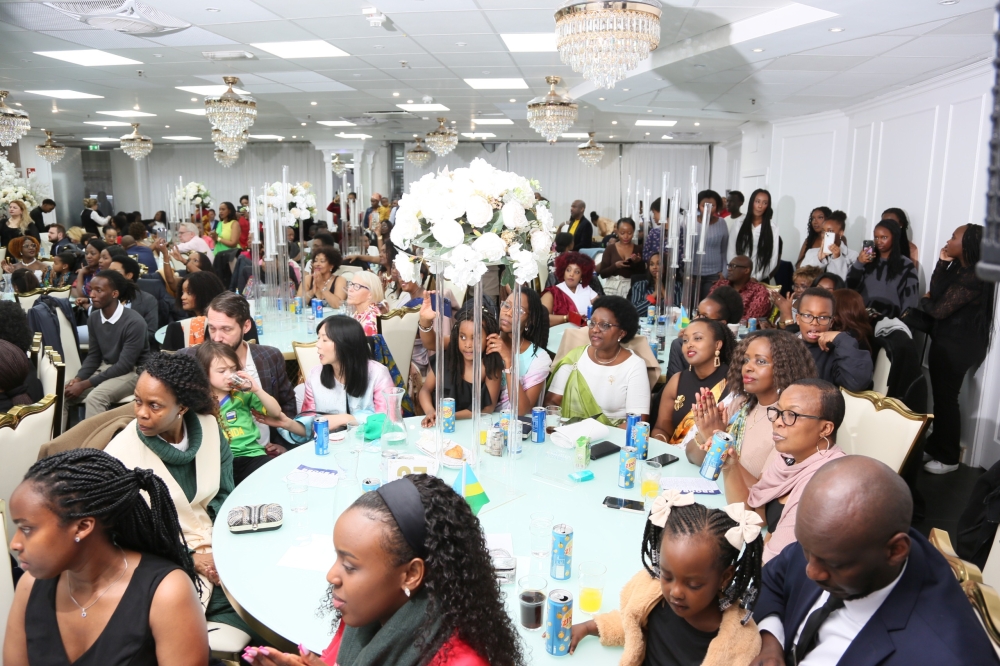
About Us
Rwandan and Friends of Rwanda Community in Sweden is a vibrant and inclusive community that serves as a home away from home for Rwandans living in Sweden. Our mission is to foster a sense of unity, promote our rich Rwandan heritage, and provide support to our members as they navigate life in Sweden.
We organize cultural events, educational workshops, and social gatherings to bring our community together. We also provide resources and information to help our members with various aspects of Swedish life, from banking and healthcare to education and job opportunities. Join us as we celebrate our Rwandan roots and build a strong community in Sweden.
Our Mission
Intego yacu ni ukubaka umuryango Nyarwanda n’incuti z’Urwanda mu gihugu cya Suwede, utanga urumuri rw’umuco n’icyerekezo cy’iterambere. Twiyemeje gufasha ibisekuru bizaza kugira imyitwarire myiza, kubaha umuco wacu no kuba abaturage beza mu muryango mugari.
Nk’ikiraro gihuza u Rwanda na Suwede, dushaka kubaka umubano ushingiye ku bumwe n’ubufatanye. Dushyizeho gahunda z’iterambere ry’ubukungu n’imibereho myiza zidufasha kubaho neza no kwiteza imbere, tunategura urubyiruko kuba abayobozi
b’ejo hazaza.
Duha agaciro kuzamura indangagaciro zacu, tugamije kurema umuryango ukomeye, ufite ubushobozi bwuzuye mu gihugu gikungahaye ku muco nka Suwede.
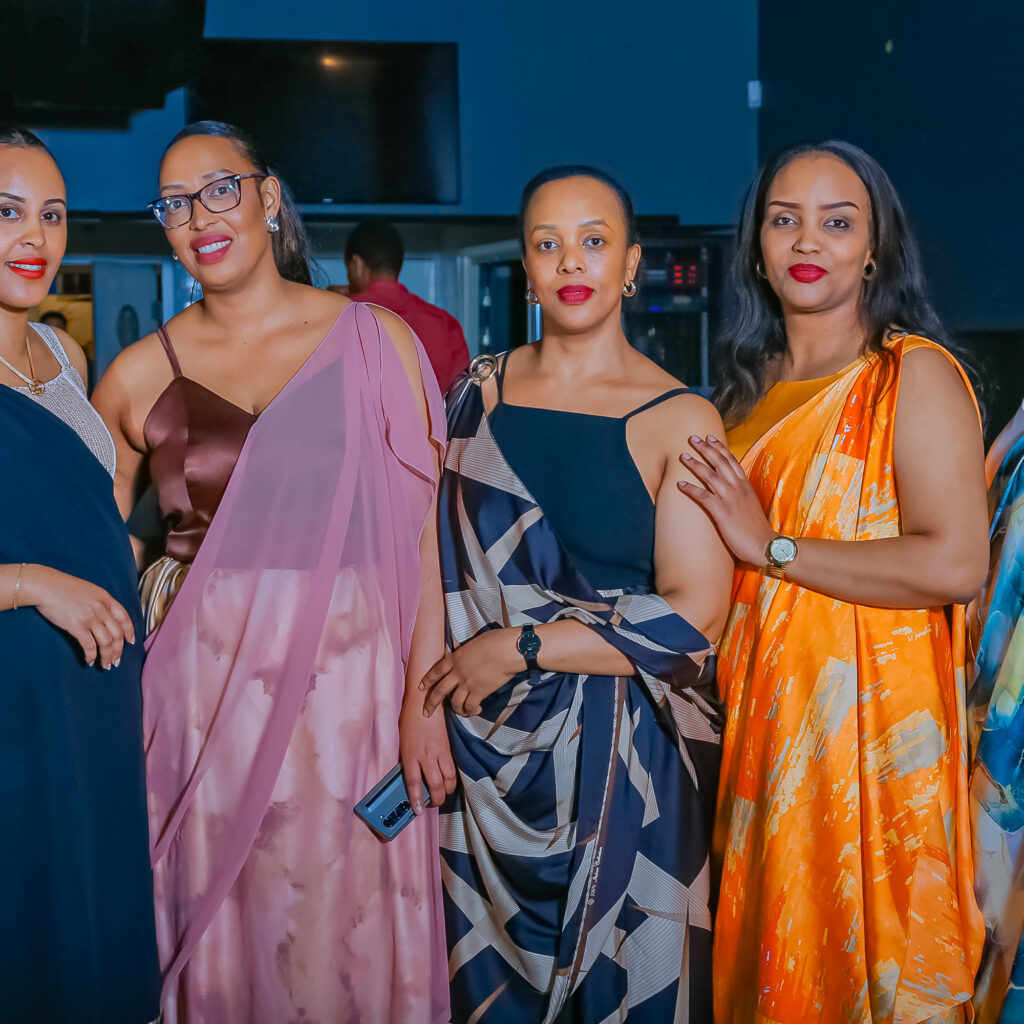

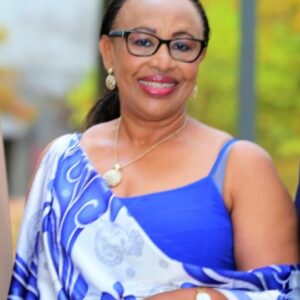
Clotilde Rubagumya
President
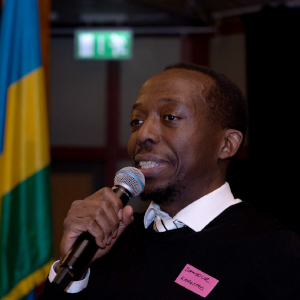
D. D'Amour Hakizimana
Vice President
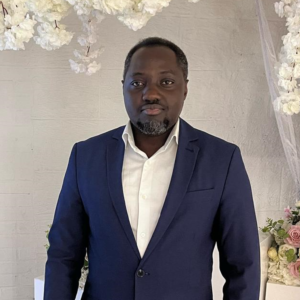
Theogene Nsengimana
Secretary
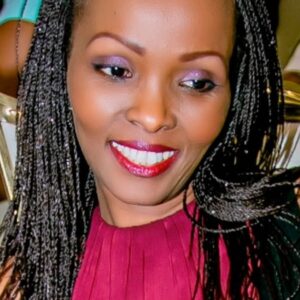
Joelle Kamali
Cooperation
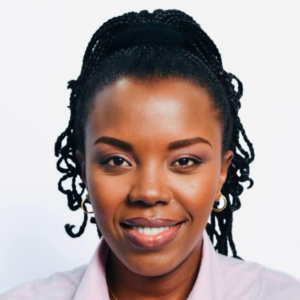
Natacha Ndizeye
Women and Development
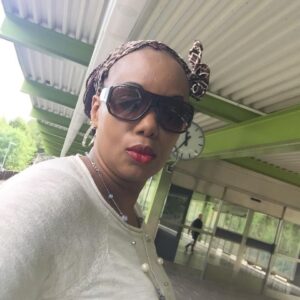
Naome Ruzindana
Socio cohesion and Civic engagement
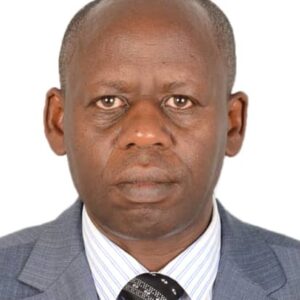
Dr. Vincent Rusanganwa
Cooperation
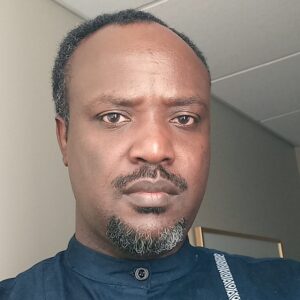
Theodomire Mugiraneza
Socio cohesion and Civic engagement

Maureen Ntihabose
Youth

Moses Mugisha
Youth
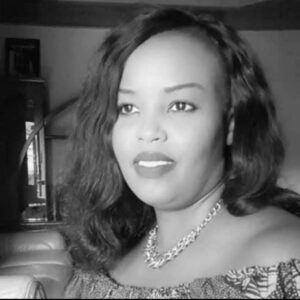
Charlotte Kwizera
Culture
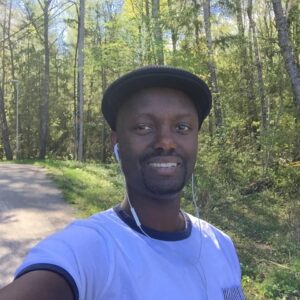
Christian Ruhinda
Treasury
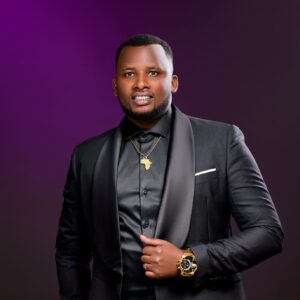
James Rurangwa
Culture
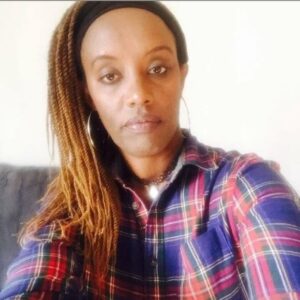
Jidia Ntihabose
Treasury
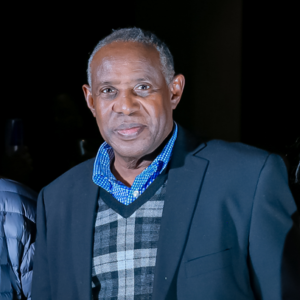
In 2008, something shifted. James Gatsinzi, backed by a passionate committee, stepped up to lead a community that was ready for more—but didn’t yet know how to get there. The Rwandan community in Sweden was growing, but still scattered, still searching for its rhythm. James brought direction, connection, and a sense of purpose.
It wasn’t always smooth. There were hard choices, slow progress, and moments that tested everyone’s patience. But little by little, things changed. People showed up. Ideas took shape. A spark turned into movement.
And then came a defining moment—the opening of the Rwandan Embassy in Sweden. Pride swelled. The distance to home suddenly felt shorter. It was more than symbolic; it was a signal that the community mattered.
This period marked the beginning of something bigger: a community learning to walk together, and starting to believe in where it could go.
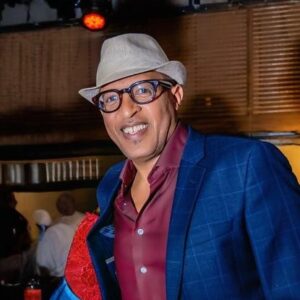
It all began on a snowy Saturday in 2014, when Eugene stepped into the leadership of the Rwandan Community in Sweden. By then, the organization had already been shaped by years of committed work—structures had been strengthened, unity fostered, and visibility steadily growing under previous leaders. Our committee’s role was not to rebuild, but to build further—to take what had been achieved and steer it toward the evolving needs of a growing and dynamic diaspora.
As the community expanded and new realities emerged, there was a clear need to refocus and open space for fresh perspectives. It was in that context that a call for younger leadership became both natural and necessary. Eugene brought with him a collaborative spirit and a forward-looking mindset, determined to carry the momentum forward while creating space for new energy to flourish.
Eugene’s leadership was a bridge—linking the solid foundation built by his predecessors with the fresh energy of a new chapter. It was a time of continuity, renewal, and steady growth, grounded in the belief that every generation brings something essential to the story.
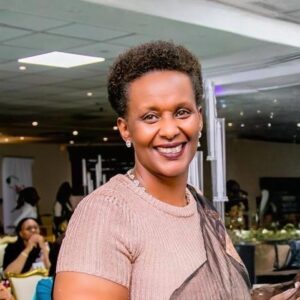
When Gloria Sebalu stepped into leadership in 2018, the Rwandan Community in Sweden was at a turning point. She took the torch from Bushayija and brought with her a calm determination and a vision rooted in inclusion. Her focus was clear from the start—this would be a time for youth and women to rise. Their believed in the power of voices that had long been quiet, and in our quiet yet firm way, the doors started to open. Young people found platforms to grow, women found spaces to lead, and the community started to feel more connected, more alive.
This was also a time of deeper bonding. Events, cultural celebrations, and collaborative projects brought people closer, giving the organization a sense of family. But then came an unexpected storm—COVID-19. Plans were paused, meetings canceled, and the world shifted overnight.
Yet in the stillness, the community didn’t fall apart. Under their team’s steady hand, it held on. When doors closed, phone lines stayed open. Members checked in on each other, shared advice, and offered comfort from afar. It wasn’t easy—but through care, creativity, and resilience, the organization stayed together.
Those years were marked by both challenge and heart. And through it all, they kept the spirit of community alive—stronger, more compassionate, and ready for what came next.
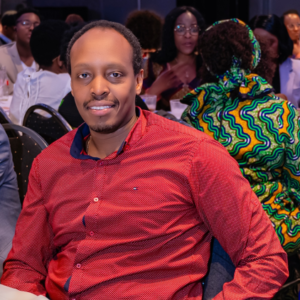
As the world slowly emerged from the shadows of the pandemic, Jean Karara stepped into leadership of the Rwandan Community in the beginning of 2022. It was a moment of transition—of reopening, reconnecting, and reimagining what community could look like in a post-COVID world. The challenge was clear: how to take the resilience built during isolation and turn it into renewed momentum.
Jean brought a thoughtful and pragmatic approach, focusing on making the organization more accessible and inclusive across Sweden. One of the defining features of his leadership was the introduction of regional zones—a decentralization effort that gave members in different parts of the country greater ownership, visibility, and voice. It was a step that strengthened local engagement while reinforcing the national unity of the community.
As the organization regained its rhythm, another major milestone came into view: the 2024 Rwandan national elections for the diaspora. Under Jean’s leadership, the community played a key role in preparing and contributing to this important event. It was a proud continuation of civic involvement—connecting Rwandans in Sweden to the democratic process back home.
Jean’s period marked a return to movement—a time of rebuilding with intention, of spreading leadership more widely, and of turning the lessons of the pandemic into lasting progress.

